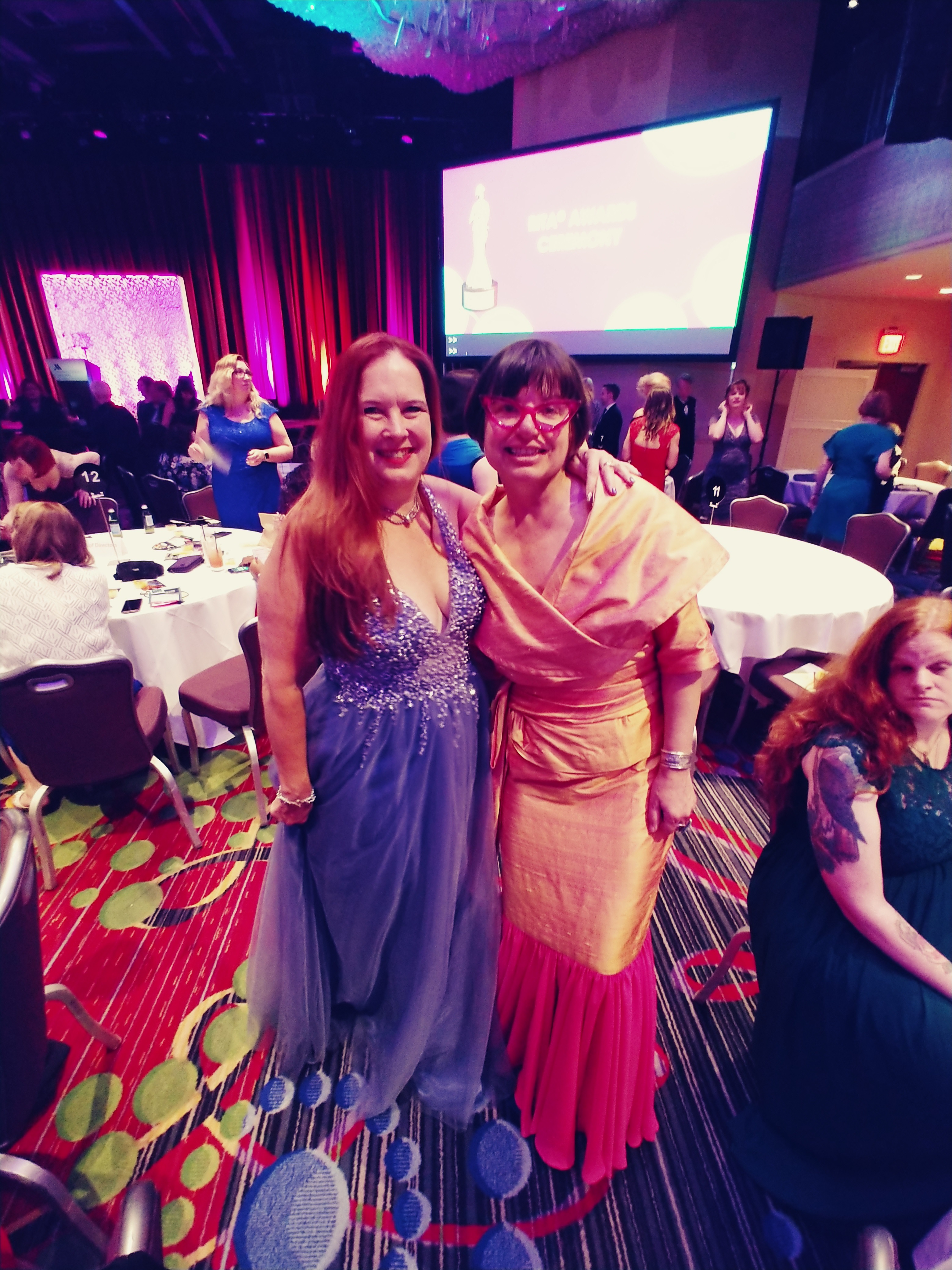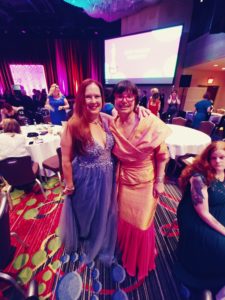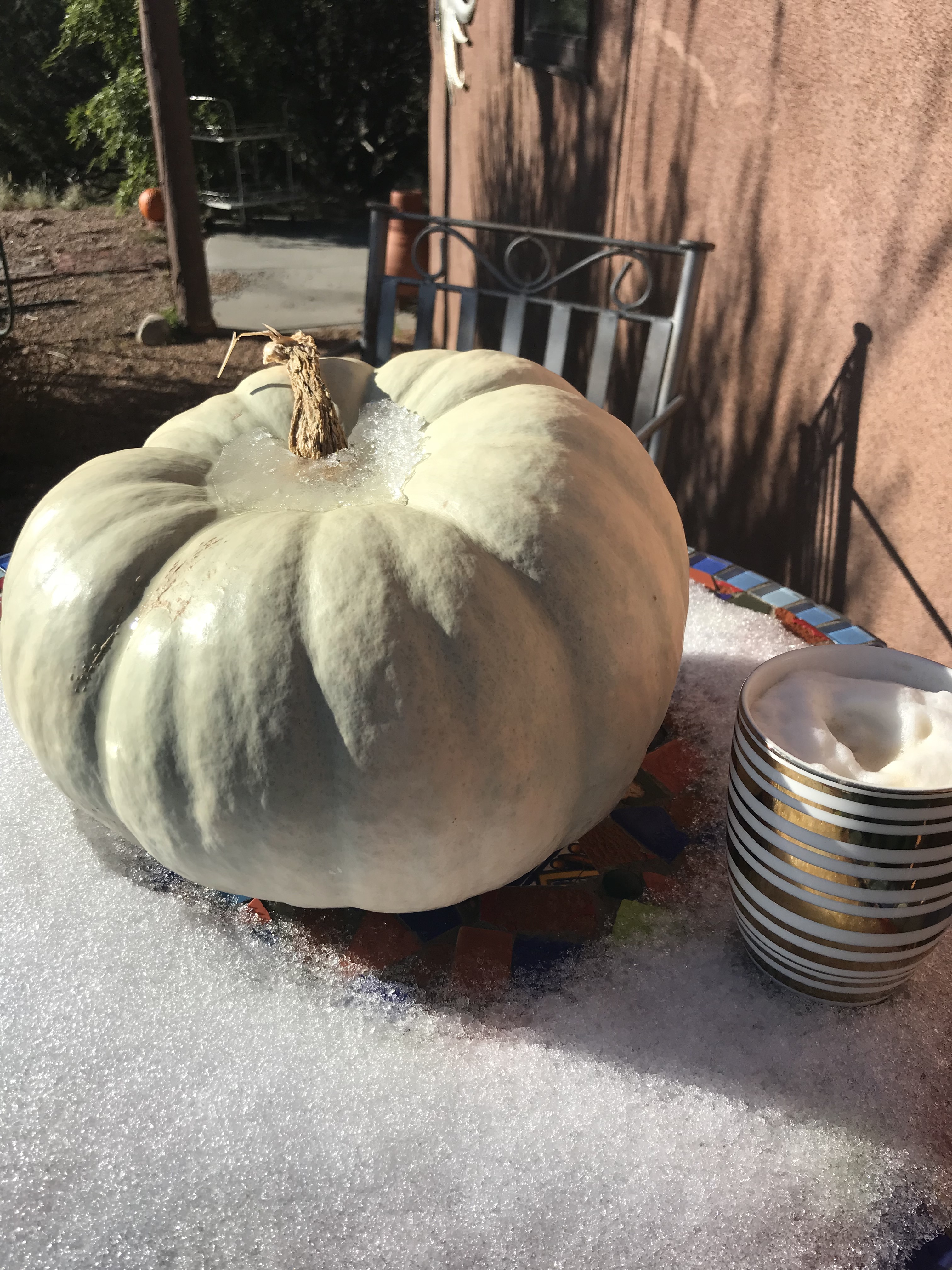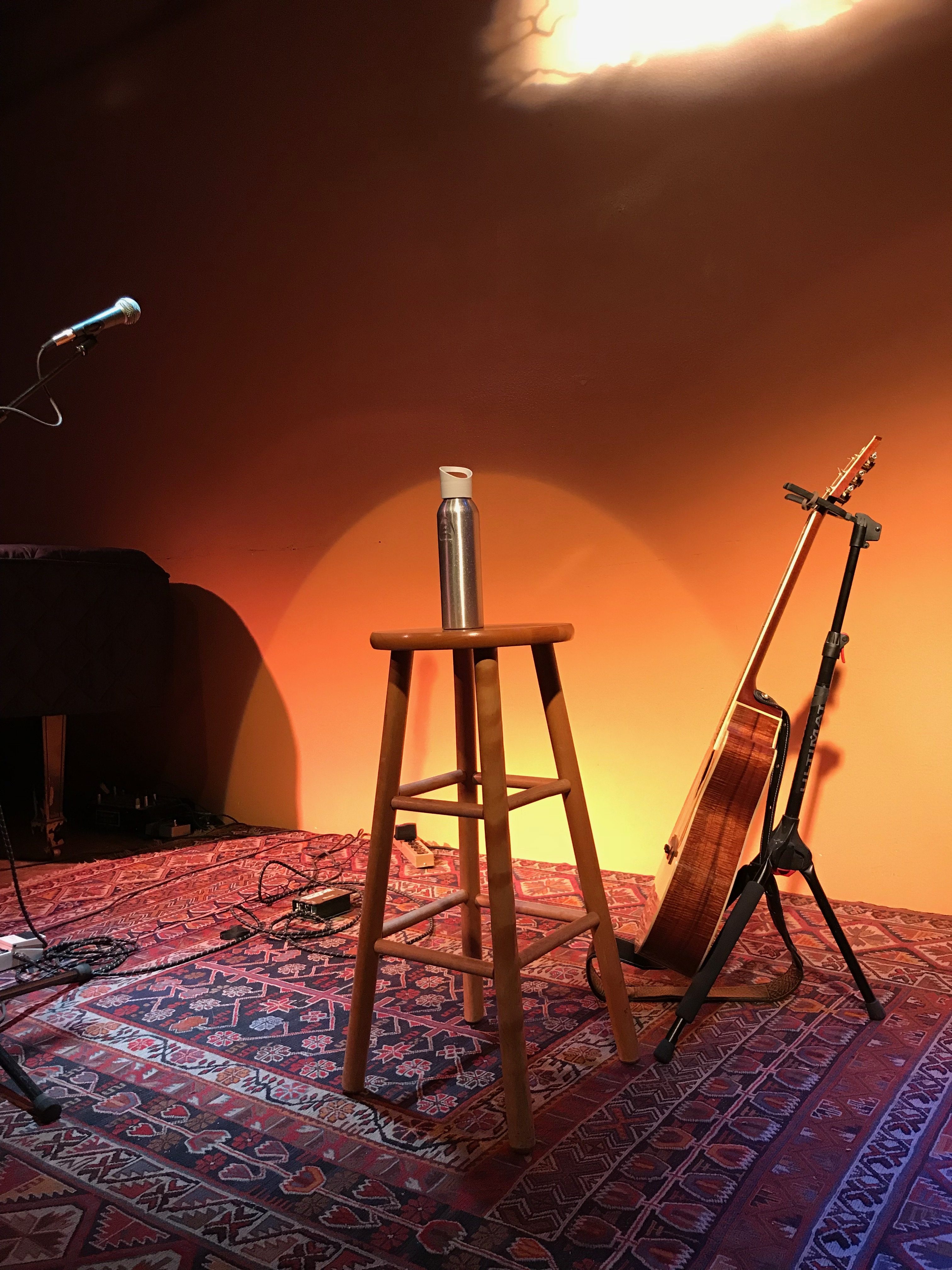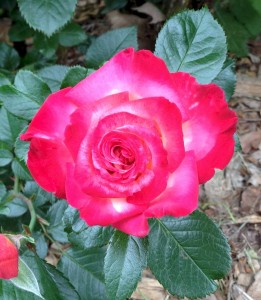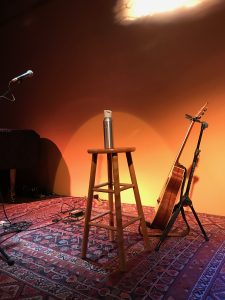
A week ago, last Friday, I got to see Dar Williams in concert.
I didn’t get to tell you all about it before this, because we left early the next morning for the long road trip to my mother-in-law’s funeral. But I was super excited for this concert and so happy that the timing worked out so that I could go, as Dar has long been one of my all-time favorite singer/songwriters. I have all of her CDs. Yes, actual CDs, because I started listening to her in the early 90s and I collected every single one. (Admittedly, her two most recent releases I have on iTunes only.)
Back in the early 90s – well, and in the mid and late 90s – I was living in Laramie, Wyoming. I’d bailed on my PhD program, got my Masters degree in ’94, and had decided to become a writer instead of a neuroscientist. As one does.
I’d gotten a job with a petroleum research group as an editor/writer, in order to build my writing chops. I had a terrific boss, and a lovely quiet office, with lots of sunshine and not a lot of pressure. Every morning I listened to Wyoming Public Radio on the local station which broadcast right there from the University of Wyoming campus. After the national shows and news, it went over to Don Woods’ Morning music, which played until noon.
Don loved Dar Williams, and soon I did, too.
My memories of those days are all tied up with learning how to write and to be a writer. I first submitted work to a Wyoming Arts Council literature award because I heard about it on that station. An award I eventually won, years later.
I’d been to see Dar perform twice over the years, but in much bigger venues. That she was coming to the GIG in Santa Fe – an intimate space in my new home town – promised much. I dragged the delightful Megan Mulry along with me – who’d never heard of Dar, but is always up for art excursions of any kind. With the general seating, we snagged chairs in the front row.
After the show – which was a mix of reading and singing, because Dar has a book out on community and what she’s learned from all her years as a traveling musician – she invited people to stay and chat, get autographs, etc. Unfortunately, in a SNAFU all writers understand far too well, her books didn’t arrive, so she couldn’t sign and sell those.
Megan – and this is one of the reasons I love her – suggested we hang until the end, then invite Dar to come have a drink with us. “After all,” she said, “this is what the writers do, right?” And Megan and I were already planning to hit up Second Street Brewery for drinks and a late dinner.
So, we hung out, and took a series of silly selfies while we waited. It didn’t take long for the line to wear down and then I got to chat with Dar. Total fangirl moment, which I got out of the way first. I told her how I loved that she talked about public radio and local stations and how they build community, because I first listened to her music on Wyoming Public Radio. Looking back, I see now how important that connection to the greater world was for me, and how much her storytelling via song influenced me. It was funny to discover that we are almost exactly the same age, too.
For fans, I also asked her if “I Won’t Be Your Yoko Ono” was a response to “Be My Yoko Ono” by the Barenaked Ladies. The answer? Amazingly enough, though the songs came out at the same time, they were unrelated. Dar said that if she’d been more media conscious, she might’ve done a throw-down with them. It could still happen.
Megan took our picture together – a first for me, though I’ve happily posed for many photos with readers – and Dar asked about my books. She planned to download the audio book of The Mark of the Tala to listen to on the road the next day.
Did you get that part? DAR WILLIAMS WAS GOING TO READ MY BOOK.
I can’t even. I think back to that younger me, listening to Wyoming Public Radio and trying to figure out how to be a writer. I came away feeling like I’d made a friend of one of my heroes.
Alas, Dar couldn’t come for a drink as she was leaving early, though she said she normally would. I believed her. She even said she was glad to have met us, especially as the people who wait until the end to talk to her are often weird. Like the guy who sincerely believed she was an alien and they needed to discuss that.
As Megan and I walked out, Dar called my name and hurried after us. She gave me her reading copy of What I Found in a Thousand Towns: A Traveling Musician’s Guide to Rebuilding America’s Communities—One Coffee Shop, Dog Run, and Open-Mike Night at a Time. She’d spilled water and coffee on it, which made it even better.
Pretty awesome.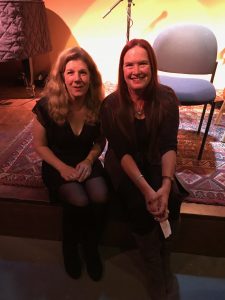
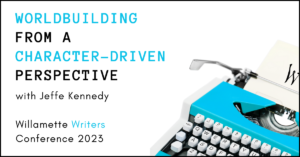
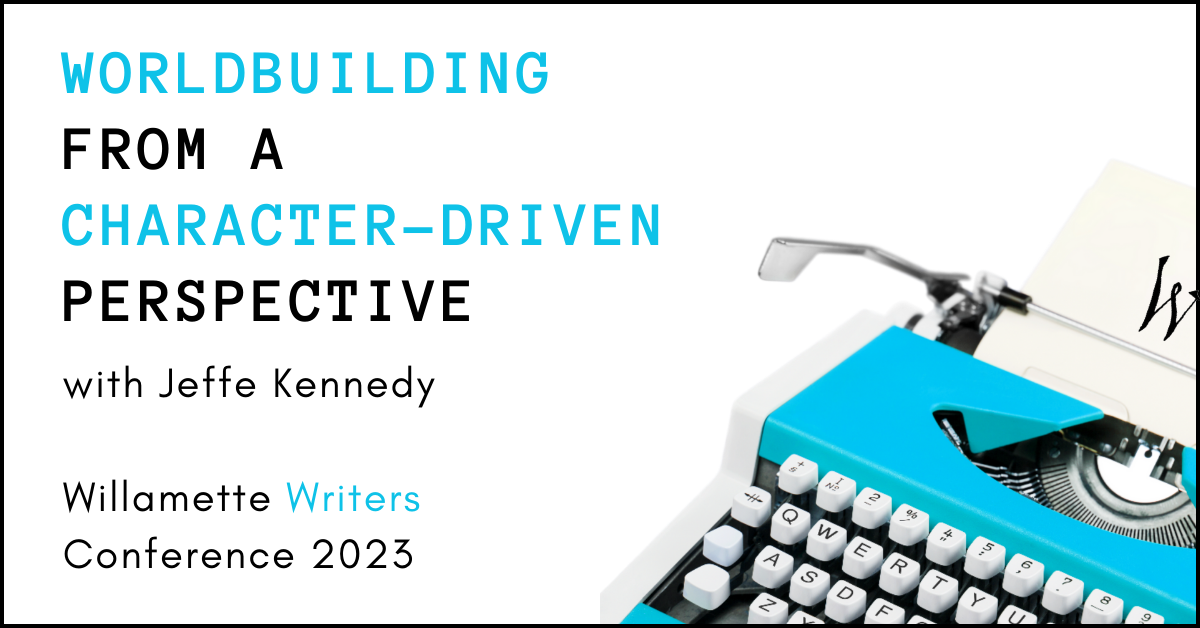
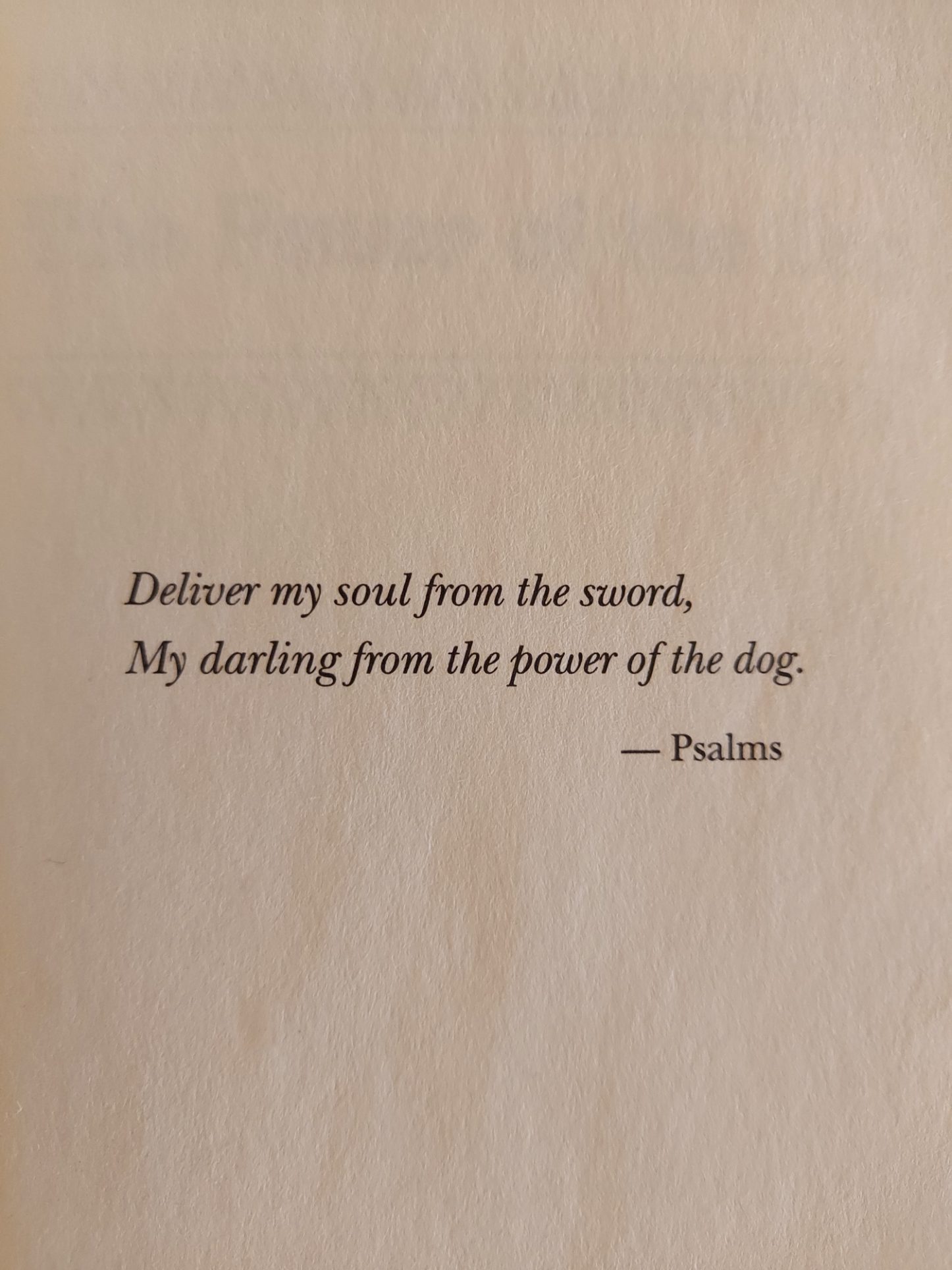
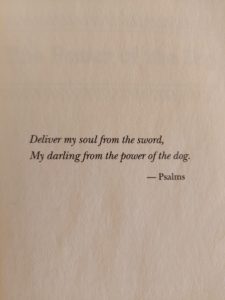
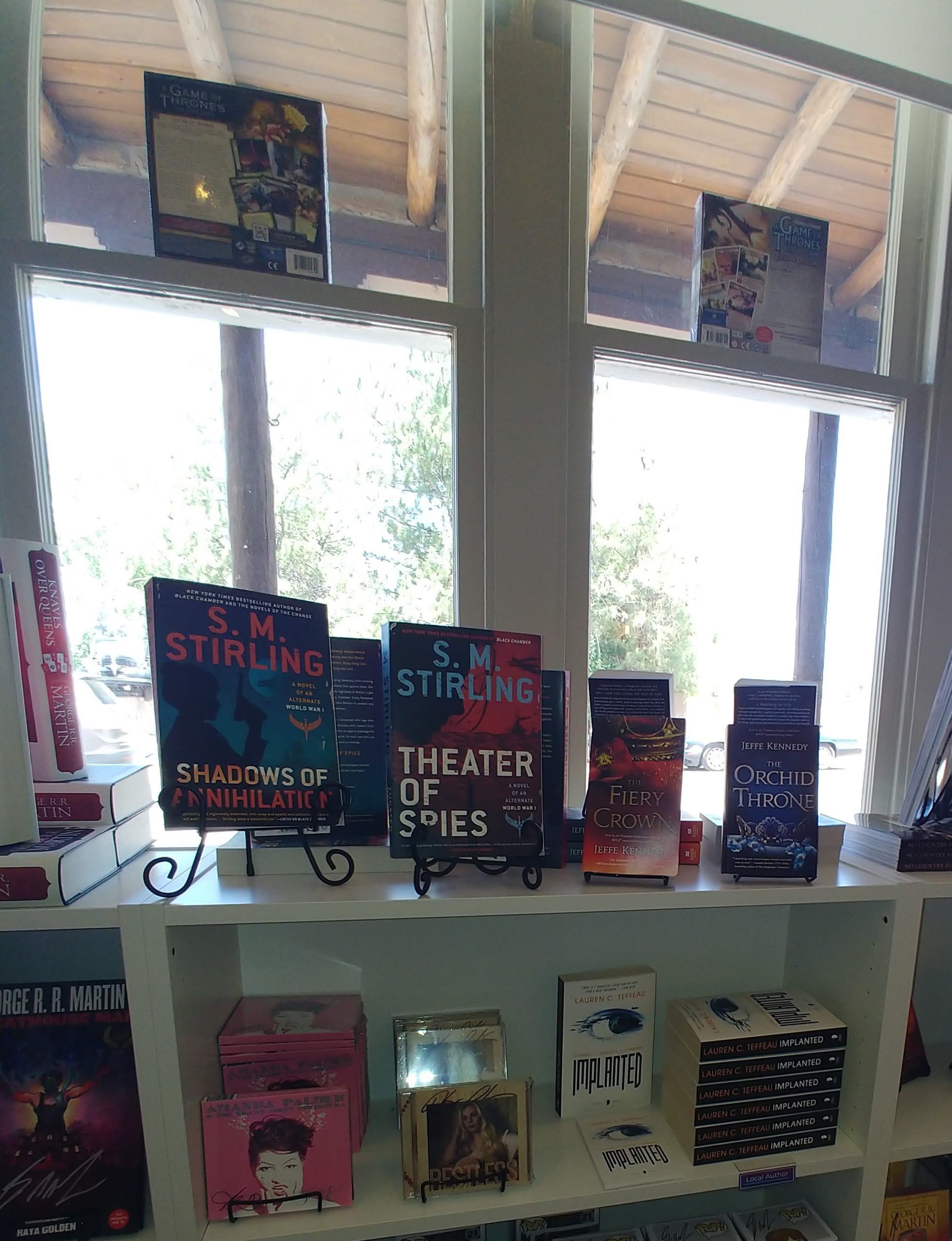
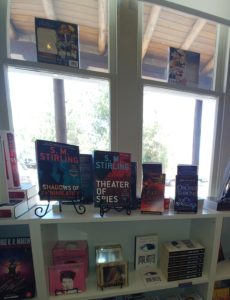 My books! Spotted in the wild at
My books! Spotted in the wild at 